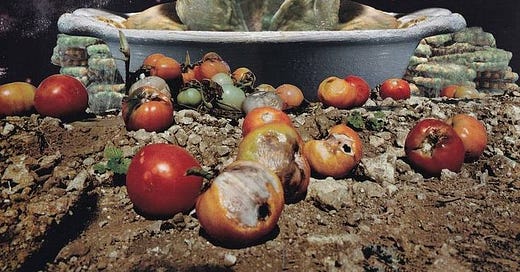Consumable Dreams: On Ways We Escape
Now we fantasise about being able to afford the meals that we want, instead of daydreaming about 40 foot yachts and three-story mansions.
Keep reading with a 7-day free trial
Subscribe to Her Issue to keep reading this post and get 7 days of free access to the full post archives.




